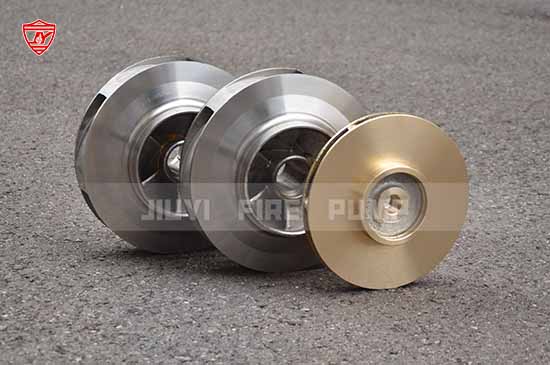Preventing Performance Decline
Over time, impellers can develop wear and tear due to friction and water impurities. Regular inspections help detect early signs of degradation and allow for timely repairs or replacements.
Ensuring NFPA 20 Compliance
The NFPA 20 standard mandates routine maintenance and inspections for fire pumps. Keeping impellers in top condition ensures compliance and avoids potential legal liabilities.
Avoiding Costly Repairs and Downtime
Detecting minor impeller issues early can prevent expensive repairs or full pump replacements. Neglected impellers can lead to severe mechanical failures, resulting in costly downtime and system inefficiencies.
Preventing Clogging and Blockages
Foreign objects such as rust, scale, or debris can accumulate in impellers, restricting water flow. Inspections help identify and clear obstructions before they affect pump operation.
Extending the Lifespan of the Fire Pump
A well-maintained impeller contributes to the overall longevity of the fire pump, reducing the frequency of replacements and ensuring long-term reliability.

Fire pump impellers are vital to an effective fire protection system. Routine inspections not only ensure compliance with safety standards but also prevent costly failures and extend the lifespan of fire pumps. Regular maintenance helps guarantee that your fire protection system will function reliably when it matters most.